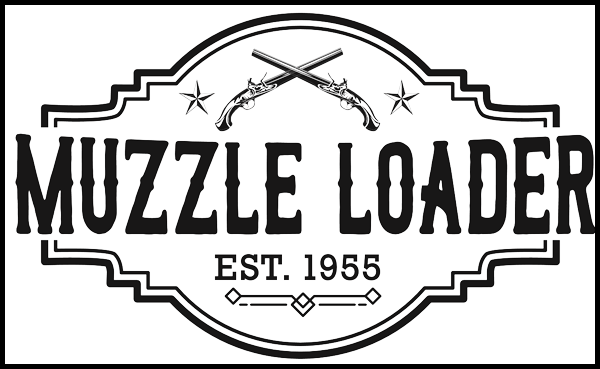Local News
Senate committee in Montana holds hearings on competing charter school bills

Helena, Montana – A Montana Senate committee must now decide how to proceed with two rival plans to build new charter school models in the state.
The Senate Judiciary Committee held hearings on House Bills 549 and 562 on Monday.
The Montana School Boards Association’s executive director, Lance Melton, said he had studied the two ideas earlier in the session and found them to be around 70% comparable. However, at this time, much of the testimony focused on the distinctions between the two models.
HB 562, introduced by House Majority Leader Rep. Sue Vinton, R-Billings, would establish “community choice schools” – charter schools that would operate mainly independently of the present public education system. They would be excluded from a variety of criteria that such institutions have, such as instructor certification.
The measure would establish a new state commission under the supervision of the Board of Public Education to allow choice schools, and local school boards would be able to petition for authorizing power as well. Schools would be run by governing boards, which would eventually be elected by the kids’ parents and guardians. Authorizers would be in charge of monitoring the school’s performance.
According to Vinton, HB 562 is the finest alternative for supporting educational innovation.
“The one-size-fits-all approach of traditional public schools does not work for every student,” she said. “This bill provides for independence – and likewise provides for ample oversight.”
Rep. Fred Anderson, R-Great Falls, introduced HB 549, which would expand charter schools while keeping them closer to established institutions. It would give local school districts first priority in establishing charter schools but would allow independent schools to enter if districts do not move forward on their own.
The Board of Public Education would be in charge of analyzing and authorizing charter schools, as well as monitoring their performance. Charter schools that operate outside of a local school district would still have their governing boards elected by local school district voters. In addition, charter schools would be granted fewer exemptions from the criteria that public schools must follow.
Anderson stated that he wanted to ensure that any charter proposal adhered to the state’s existing educational law.
“This bill was specifically crafted to meet our constitutional requirements,” he said. “It respects the authority of local school boards – local control – provides for a locally elected governing board while honoring the authority of the state Board of Public Education.”
Melton testified in favor of HB 549 and opposing HB 562. He stated that the state already has laws and standards in place that allow for the type of creativity that charter schools can provide, and he expressed caution about granting large exemptions.
“House Bill 549 doesn’t look for an escape from accountability,” he said. “Rather, it embraces that accountability and provides a focused means by which school districts and other applicants can focus in on and provide innovative educational programing – something, again, that’s maybe different than the average.”
Those who supported HB 562 over HB 549 justified the bill’s accountability, noting that a school that fails to reach its educational goals might have its charter withdrawn. Many witnesses stated that they wanted charter schools to represent a radical departure from the current system, which they believe is ineffective.
“This basically lets the same people be in charge, and we want different,” said Barbara Calahan.
Lisa Melina Pyron questioned whether HB 549 would provide enough access to charter schools.
“To me, it’s a distinction without a difference,” she said. “There doesn’t seem to be a whole lot more to change from the status quo. I feel that if parents and communities had wanted to take advantage of what already exists, they would have done so – but we have one example, in Bozeman.”
HB 562 was also met with resistance from groups such as the Montana Federation of Public Employees, which said the bill would siphon funds away from the public education system.
“I know we have different definitions of public, but my definition of public includes me being able to vote for the governance of the school if my tax dollars are going for it,” said MFPE President Amanda Curtis.
The office of State Superintendent of Public Instruction Elsie Arntzen endorsed both legislation, stating that the public has requested and deserves more educational options.
On Monday, the committee heard testimony on House Bill 393, which was also sponsored by Vinton. This measure would establish “education savings accounts” to assist families of special-needs students to access funds for additional educational resources.
The committee did not act on this legislation right away. Sen. Dan Salomon, R-Ronan, chaired the committee on Monday and said he wanted to vote on them on Wednesday.






Leave a Reply